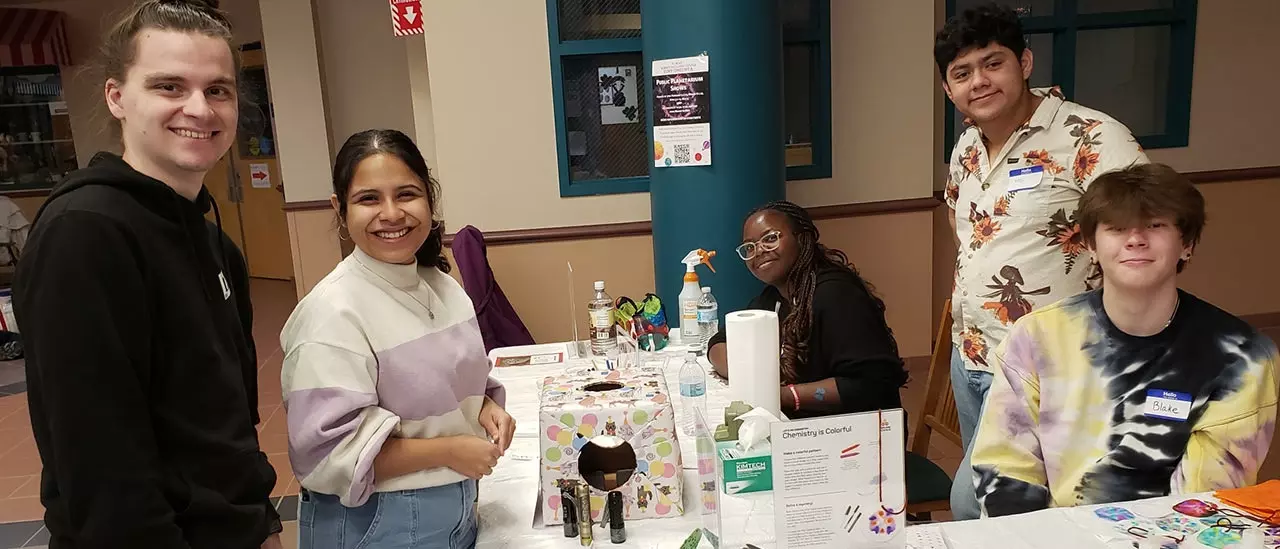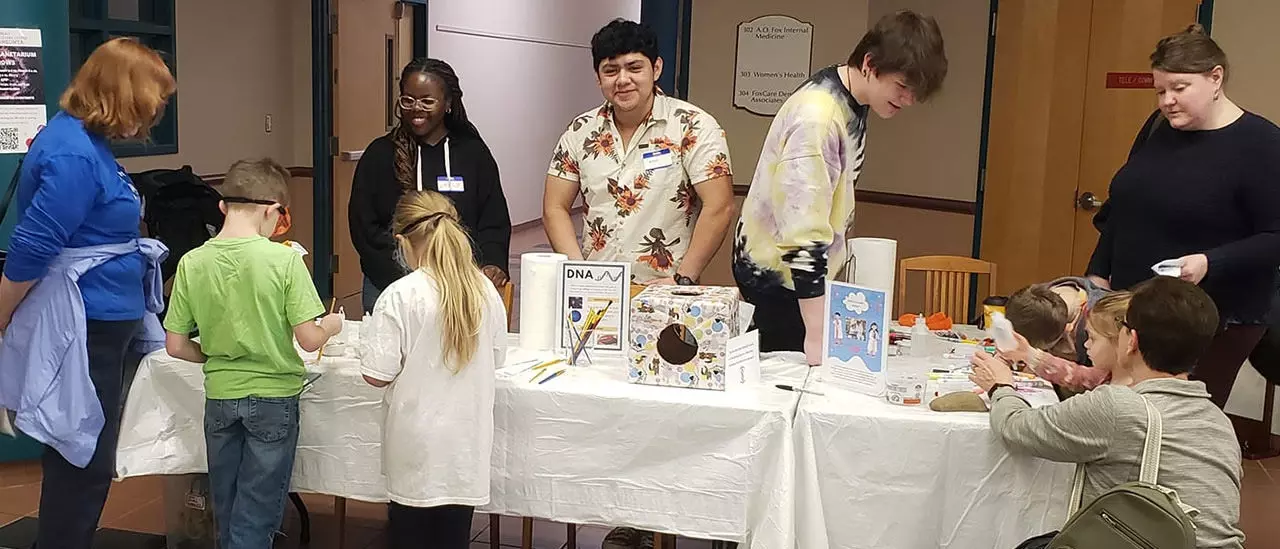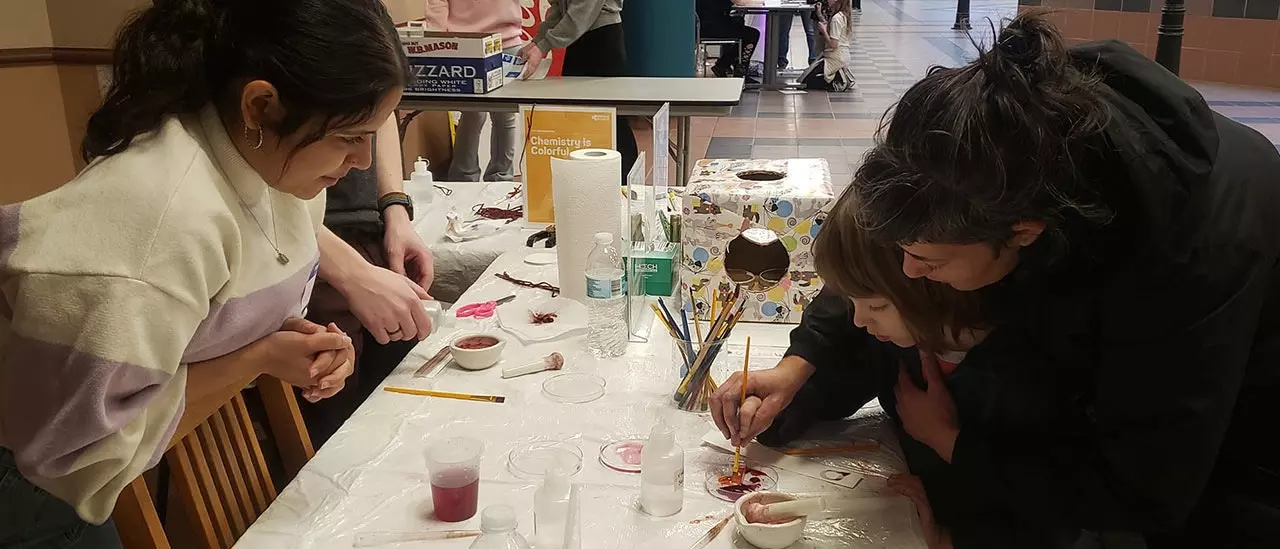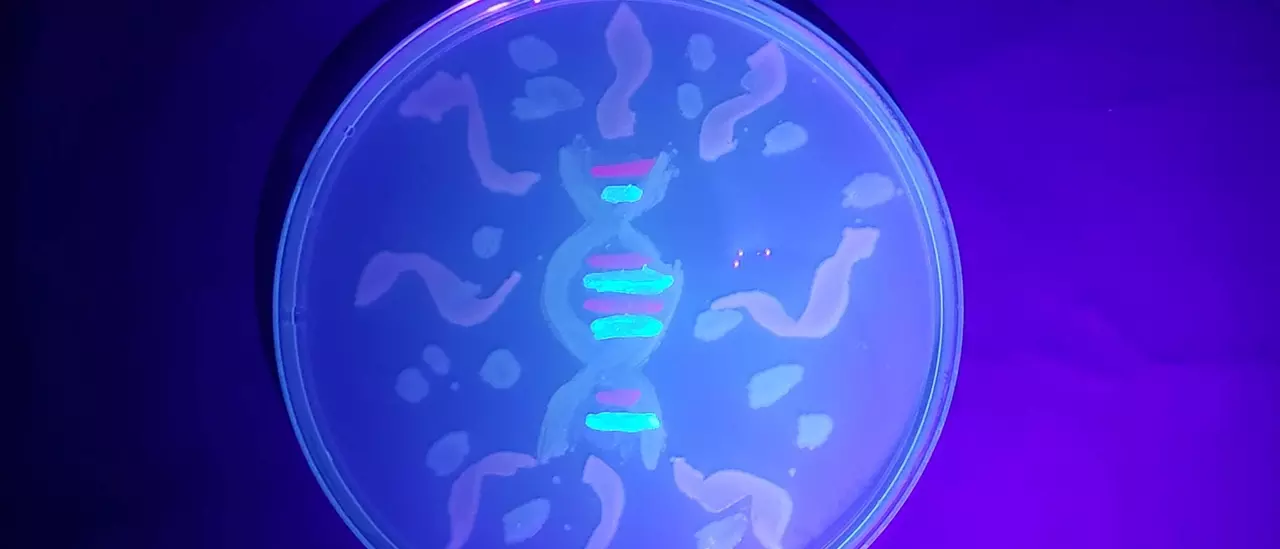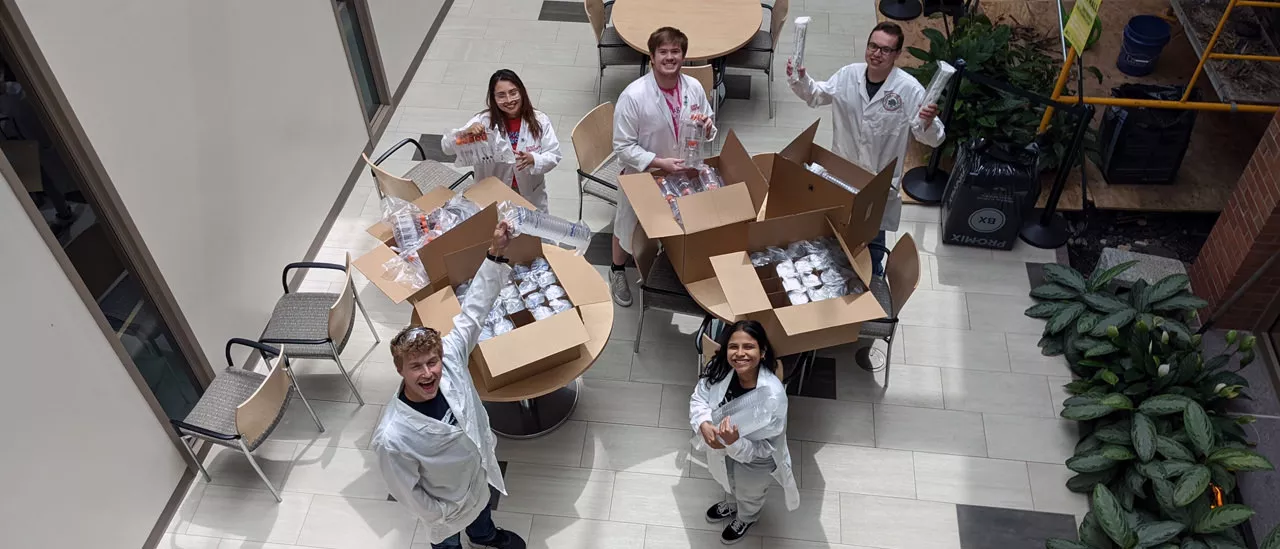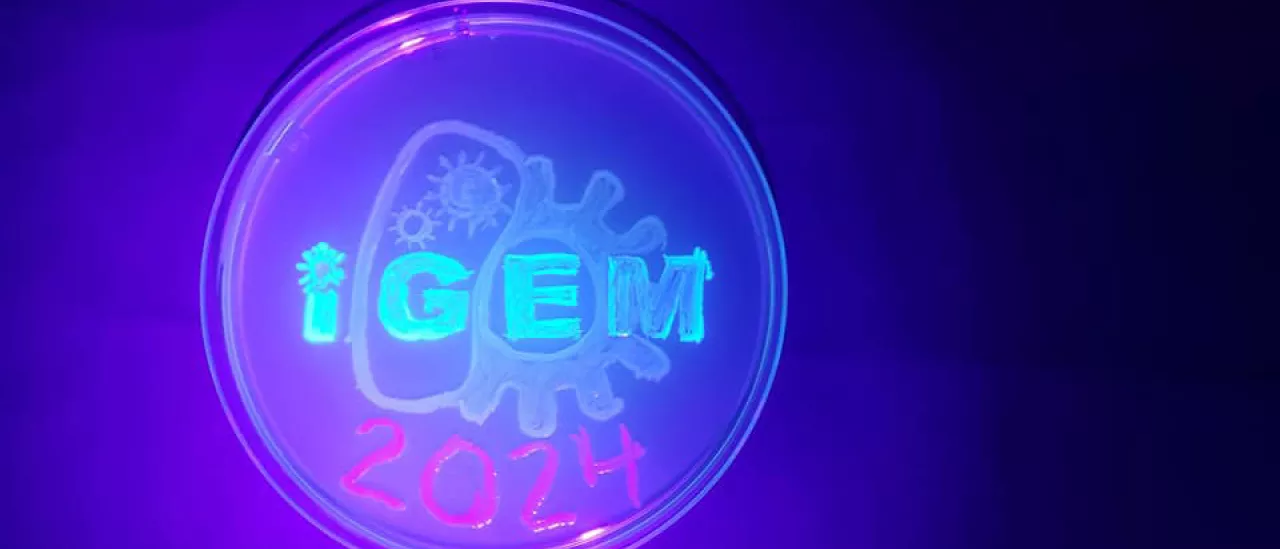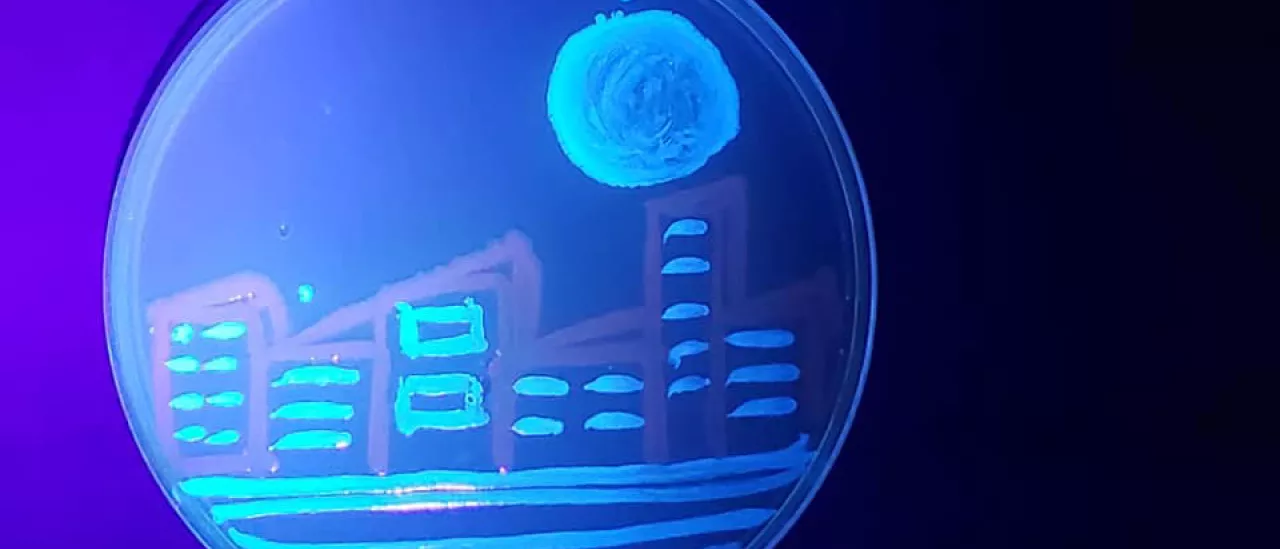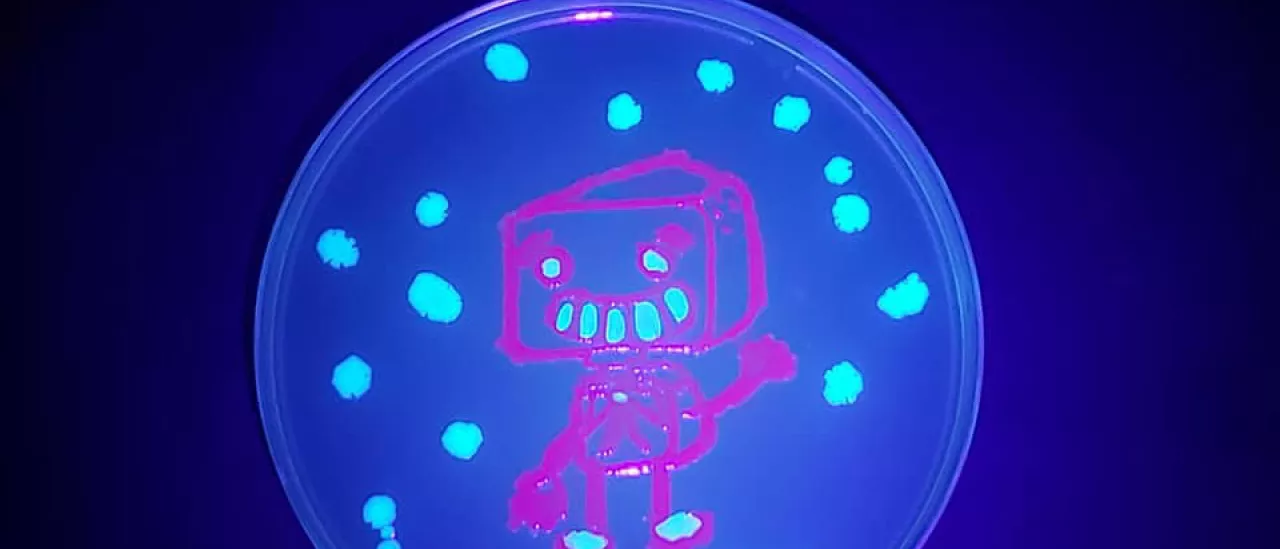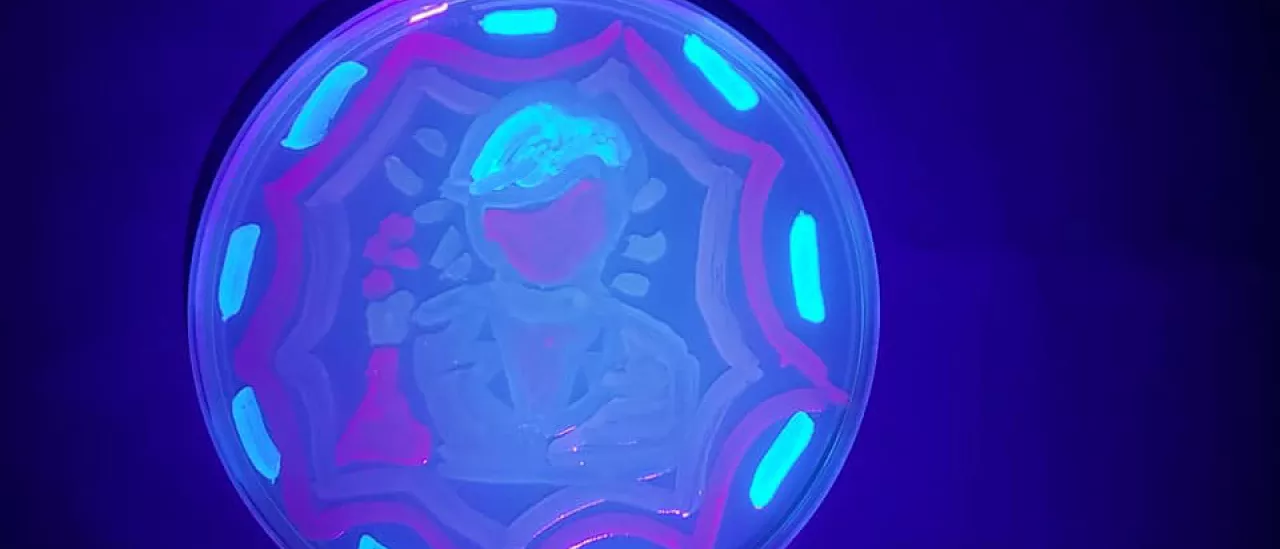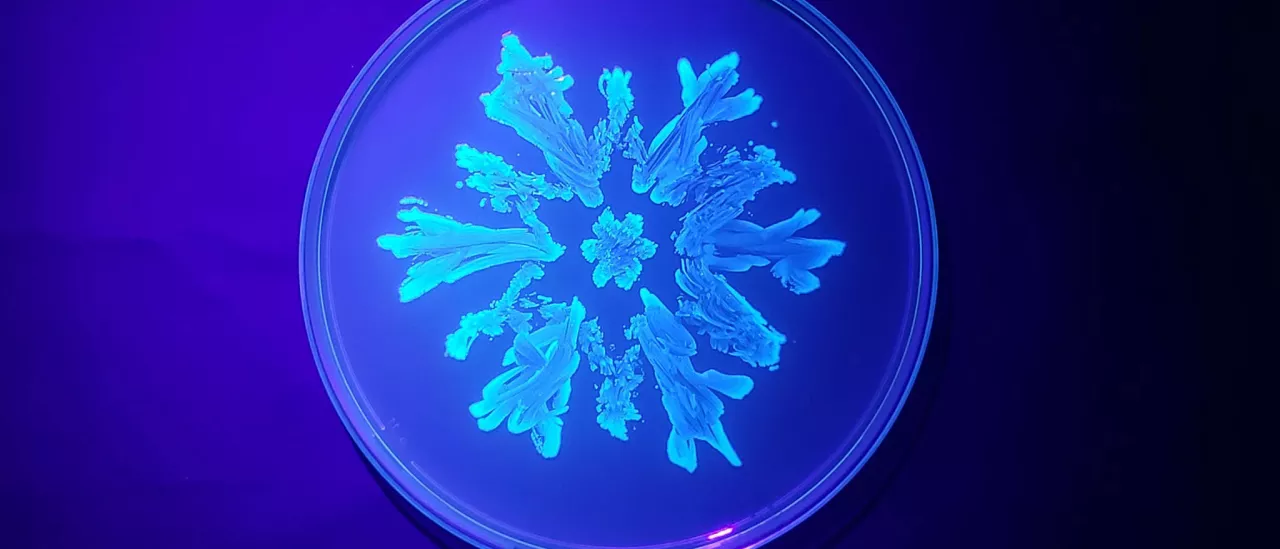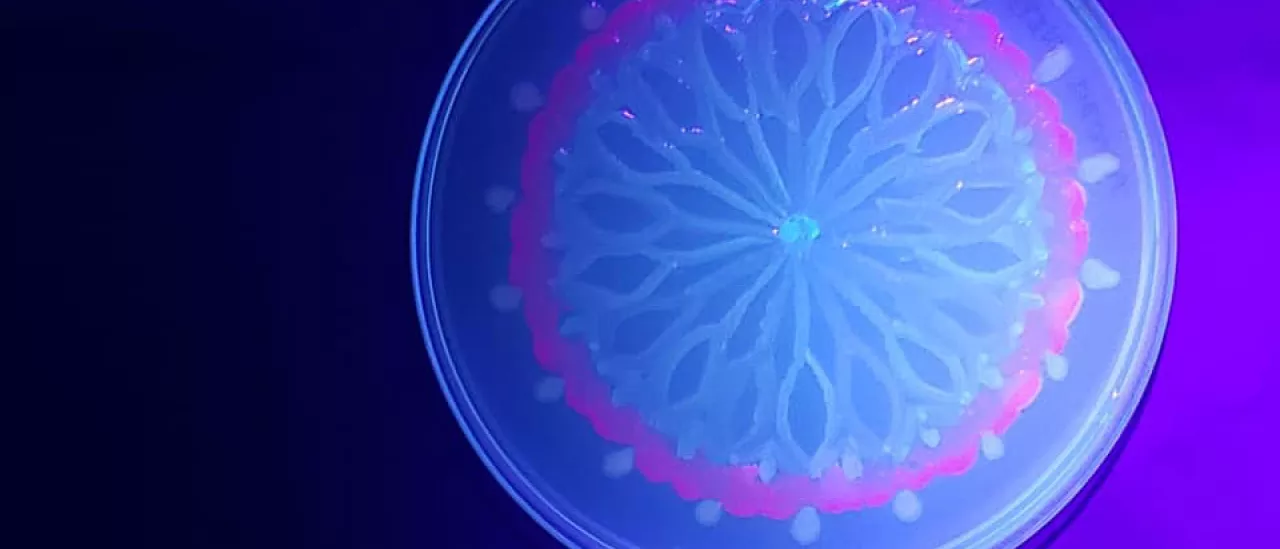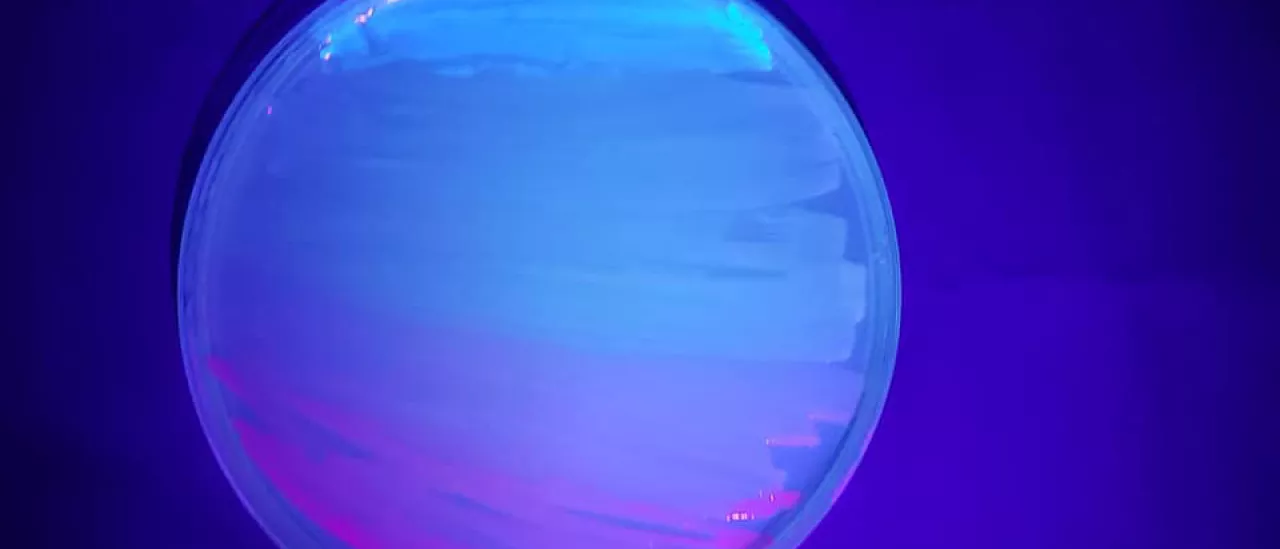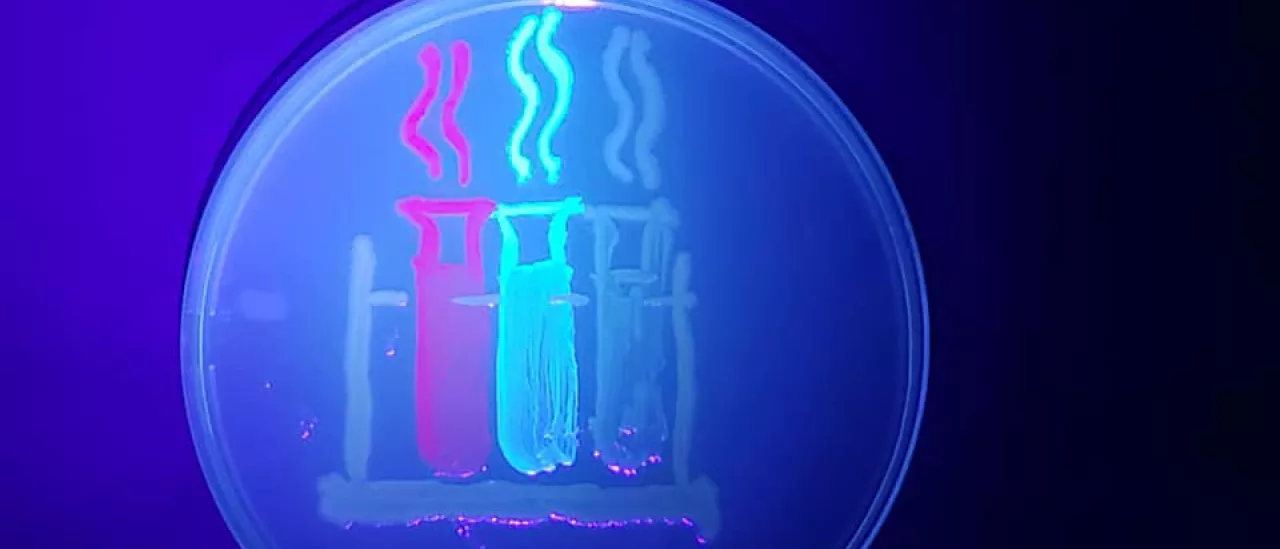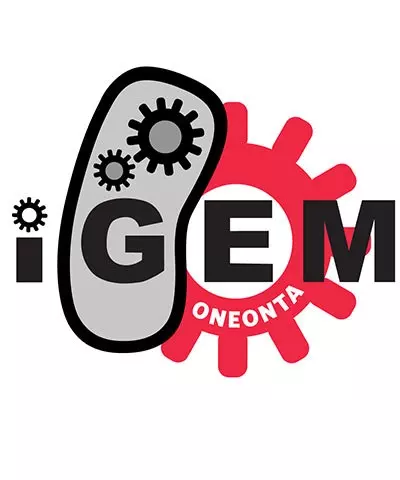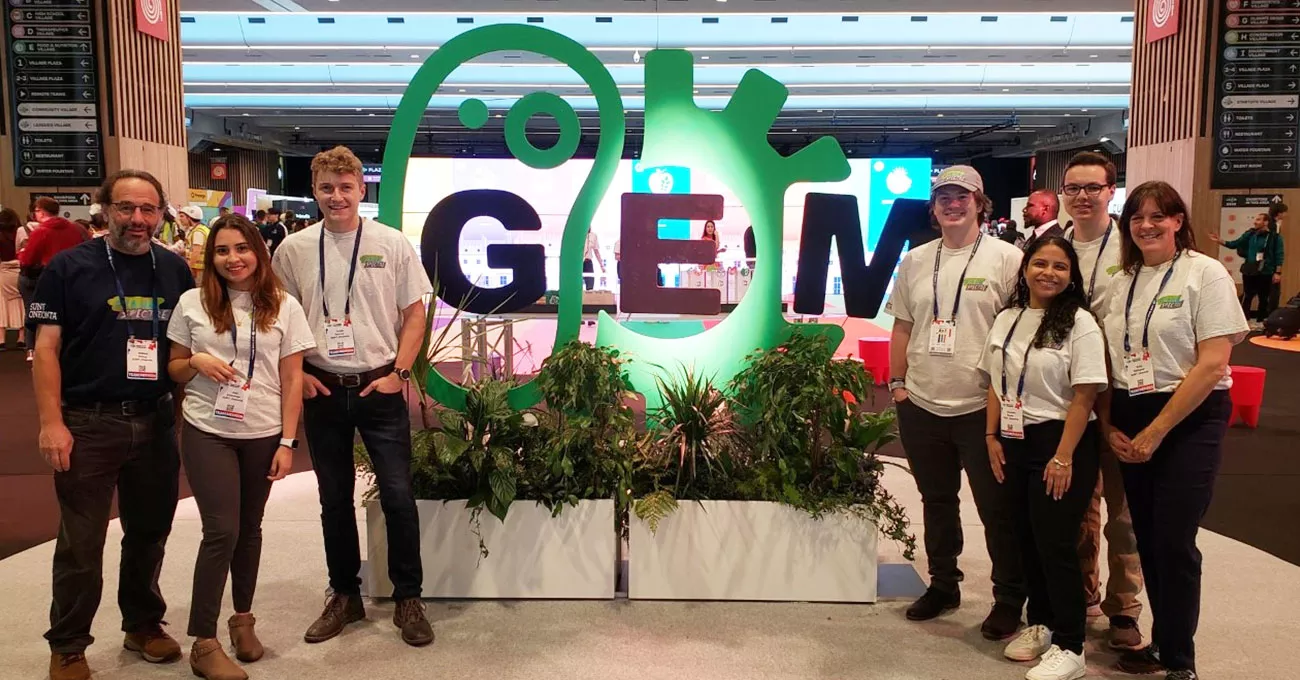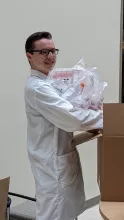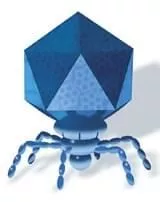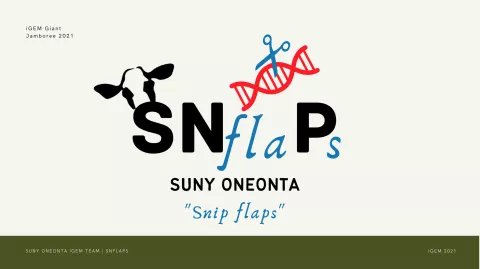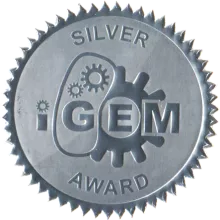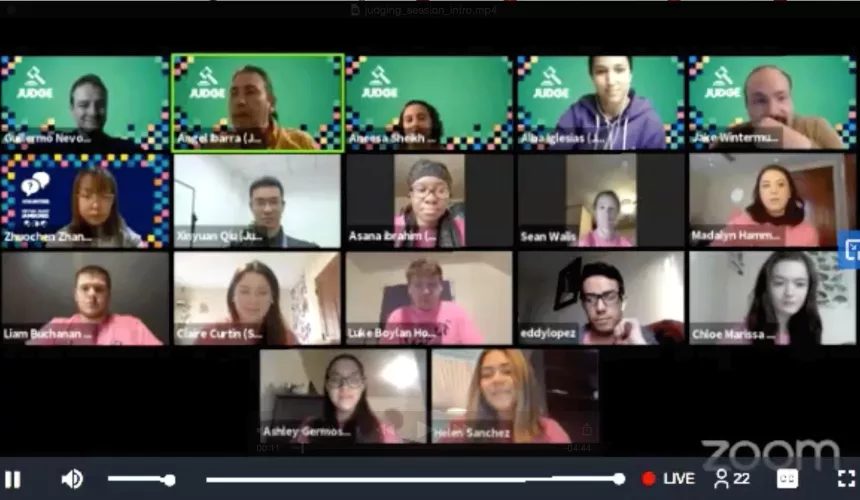Team Oneonta Selects a Project Topic and Finalizes a Roster
After interviewing professionals at the FDA and the College of Nanotechnology, Science, and Engineering, the team has decided on a topic for their project. Inspired by the recent surge of investment in advanced manufacturing in New York following the CHIPS and Science Act, we chose to focus on challenges pertaining to waste management in semiconductor manufacturing. Our goal is to improve the sustainability of wastewater reprocessing by building biological tools that can adjust pH and remove undesirable or hazardous contaminants. This aligns with the United Nations Sustainable Development Goal #6, “Ensure the availability and sustainable management of water and sanitation for all,” and Goal #9, "Build resilient infrastructure, promote inclusive and sustainable industrialization and foster innovation." We will also investigate methods of turning waste products into valuable commodities via biotransformation (e.g., extracting copper from solid waste into a commercially valuable form). This year's team includes students from a wide variety of majors who will work on both the scientific and human impact aspects of the project. Our team is: Kelly Acen (SUNY Oneonta- Dietetics), Nicholas Aliani (SUNY Oneonta- English and Philosophy), Zachary Blaakman (SUNY Oneonta- Political Science), Alexia Darby (SUNY Oneonta- Biology), Blake Dieckmann ((SUNY Oneonta- Biochemistry), Jena Dookie (SUNY Oneonta- Biology), Christopher Dorce (SUNY Oneonta- Biochemistry), Adrianna Dugan (Hartwick- Chemistry), Connor Hanington ((SUNY Oneonta- Adolescence Education: Earth Science), Alexandra Krebs (SUNY Oneonta- Exercise Science), Elber Lopez-Hernandez (SUNY Oneonta- Biochemistry), Sarah Luby (SUNY Oneonta- Sociology), Michael Pedroza-Menjivar (SUNY Oneonta- Biology), Daisy Perez-Reyes ((SUNY Oneonta- Sociology), Faith Chaora Runyararo (Hartwick- Biochemistry and Mathematics), Taylor Schroeder (SUNY Oneonta- Early Childhood Education), Kayla Vanpelt (SUNY Oneonta- Biochemistry), and Makenna Ventuleth (Hartwick- Biology/Chemistry). Team mentors include Jill Fielhaber (SUNY Oneonta- Biology), Kelly Gallagher (SUNY Oneonta- Chemistry and Biochemistry), Eric Cooper (Hartwick- Biology), John Dudek (Hartwick- Chemistry), Dan Patrone (SUNY Oneonta- Philosophy), Andrew Piefer (Hartwick- Chemistry), and Bill Vining (SUNY Oneonta- Chemistry and Biochemistry).
Oneonta iGEM Volunteers at Paintfest
On Saturday, March 2, 2024, members of the Oneonta iGEM team volunteered at Paintfest, a family festival sponsored by the Oneonta World of Learning (OWL). This year's theme, the Science of Color, gave children an opportunity to express creativity while learning about scientific concepts. Team members Kelly Acen, Connor Hanington, and Blake Dieckmann facilitated a range of colorful activities. Participants made watercolor bookmarks using paper chromatography and made a color-changing dye by crushing up dried cochineal bugs. This red dye has been a valuable trade product and is used to color fabrics, foods, and cosmetics, like lipstick. The iGEM students also explained how a color gene from a fluorescent jellyfish can be inserted into bacteria to make them glow using the methods of synthetic biology. Children and the adults that accompanied them were able to view the glowing bacteria, made by students in SUNY Oneonta's Genetically Engineered Machines class, under a black light flashlight.
Recruiting a new team- SUNY Oneonta and Hartwick join forces for iGEM 2024
SUNY Oneonta and Hartwick College have decided to join forces, combine faculty expertise and student enthusiasm to form a joint team. Our goal is to compete at the Fall 2024 iGEM Jamboree, which will once again be held in Paris, France. We are currently recruiting new members for the team. The group has been meeting every other week. We've learned about the iGEM program, painted with fluorescent microbes (enjoy the pictures of our "agar art" above), and toured the Hartwick College Center for Craft Food and Beverage to learn about local industries. Next up is a visit from the PLACES Institute, which will teach us about emerging public health, demographic, sociocultural, economic, and environmental trends in our geographic region.
The team takes Silver in Paris!
From October 26 the team was in Paris, competing at the 2022 iGEM Grand Jamboree. We invite you to take a look at the 2022 team wiki for project CyanoSpectre. There, you can view our promotional video, learn what inspired our project, and find out how we collaborated with teams from all across the globe. The team impressed the judges with their work and their response to questions after our presentation in the judging session, awarding us a Silver Medal. In addition to working hard and interacting with teams from around the world, the team visited famous sites in Paris (the Eiffel tower, the Tuileries tunnel, and Versailles) and took a boat tour on the River Seine. Stay tuned for more pictures of our Paris adventures.
Exciting progress on our educational outreach project
For the Educational Outreach portion of this year's project, the team decided to develop an interactive exhibit for the AJ Read Science Discovery Center on bacterial viruses, known as bacteriophage. The initial 3D design for the hands-on portion of the exhibit was done by Physics major Jacob Ghiorse. We are now in the test print and design refinement stage. Look for our exhibit in the Discovery Center this fall! Check out the design below:
Thanks to Corning for their generous donation!
For the third year in a row, Corning, Inc. has provided the iGEM team with a generous donation of materials to help them complete their lab work. We are truly appreciative of their support.
2022 Team Hard at Work on CyanoSpectre- Stay Tuned for updates!
This year's team has selected a focus for their 2022 project. We are engineering a cyanophage "toolkit" that other synthetic biologists can use to engineer beneficial properties into cyanobacteria. Cyanobacteria, also known as blue-green algae, are fast emerging as sustainable biotechnologies in the world of synthetic biology. They are being used to produce plastics, proteins, fatty acids, vitamins, biofuels, and more. Cyanophages are viruses that specifically infect cyanobacteria. To aid scientists and iGEM teams who work with cyanobacteria, SUNY Oneonta iGEM aims to create a cyanophage toolkit of genetic parts for their use. Our first goal is to build a structure known as a phagemid that can be introduced into bacterial cells and lead to the production of a "ghost" phage (our Spectre). This Spectre will be the outer shell of a cyanophage virus which can stick to a cyanobacterial cell, but not infect it.
Previous Competition Years
2021
2021 SUNY Oneonta iGEM Team’s project SNflaPs is an extension of Ca2LF, in which the goal was to develop a field deployable genetic testing system to detect the presence of the A2 allele of the beta casein (CSN2) gene. SNflaPs further explores the extent to which our method is effective in detecting single nucleotide polymorphisms (SNPs). Inspired by the needs of local farmers, the goal of this project is to demonstrate that a detection panel of SNP caused diseases is a feasible one. This is done by amplifying genomic DNA through recombinase polymerase amplification (RPA) and employing a 5’ flap endonuclease (Flappase) that cleaves Holliday junctions created by designed oligonucleotides with fluorophore tagged ends.
For the 2021 competition, the team made two versions of their project promotion video- one in English and the other in Spanish. Both videos can be viewed here.
Team SUNY Oneonta wins silver!
Once again, our team has earned a silver medal at the Giant Jamboree. Congratulations to the students on their success! Visit their 2021 competition wiki, which can be found here.
Project Presentation Video
The final deliverable prior to the 2021 Giant Jamboree is the project presentation video. The iGEM guidelines for this video state that it "should be clear, engaging, and communicate your project to a broad audience...This video should focus on clear, concise, and precise communication of technical aspects of your project (project design, results and data analysis, and conclusions). Your Human Practices work and other activities your team carried out should also be highlighted!" Presentation videos must follow specific requirements and be submitted by October 28, 11:59AM EDT. Our team has completed this requirement. Our presentation video may be viewed here.
We made it through Wiki Freeze!
The biggest deadline for every iGEM competition is the dread "Wiki Freeze." As part of the competition requirements, each team must produce a wiki, or website, that resides on the iGEM servers. The team wiki must document all aspects of the project. If not documented on the wiki, the work cannot be counted towards the competition. Wiki freeze is the date after which teams can no longer make changes to their wiki. This year's wiki deadline was October 21, 23:59 EDT. Our wiki was completed with time to spare. The wiki is located here.
2020
Small dairy farmers in upstate New York are struggling to survive in a factory-farming marketplace. To increase profits, some farmers are producing specialty products; one such product in the US is A2 milk. A2 milk differs from the more common A1 milk in the sequence of beta-casein, one of the main milk proteins. The gene that codes for the A1/A2 alleles of beta-casein differs by a single nucleotide polymorphism (SNP). A2 milk is growing in popularity in the US due to purported health benefits. Our team aims to create a field-deployable genetic test to facilitate breeding of A2 herds. Our system utilizes a 5’ Flap endonuclease (Flappase) and quenched-oligonucleotides that differentially bind to the A1/A2 alleles of beta-casein. When in the correct conformation, Flappase will cleave the oligonucleotides, dequenching the fluorescent tag. Dairy farmers using this system will be able to rapidly identify cows carrying the A2 allele for breeding.
SUNY Oneonta earns a Silver Medal!
Complete results can be found on the iGEM 2020 website.
The 2020 iGEM competition is complete! Here are the team's accomplishments:
- The team registered for the competition and competed in the "New Applications" track.
- We have submitted our final safety form.
- The project promotion video was produced and submitted for competition.
- The project title and abstract can be read below.
- Learn all about the many different aspects of our project by visiting our official Team SUNY_Oneonta iGEM 2020 wiki page.
- Our team presentation video is complete and was submitted for the competition!
- You can view an interactive poster on our project.
This year's main event, the virtual Giant Jamboree, took place November 13-22.
- The team's judging session was Sunday, November 15th, at 8:30am. Here is what this session entailed:
- 3-5 minute introduction delivered by the team to the judges that highlighted 1-2 of the best things about the project
- 20 minute Question & Answer time directly with the judges
- The judges had reviewed the team materials (2-minute promotional video, wiki, 20-minute presentation, poster) prior to the judging session.
- The team did a fantastic job answering the judges questions. The panel of five judges hailed from France, Mexico, Spain, and the United States. No recording is allowed, but here's a screenshot of the team getting ready to be grilled:
- The team presented their poster at a poster session, where the judges and others questioned them. They also visited with their collaborating partners from Moscow and Peru.
We would like to give a special "Thank you!" to all of our supporters and those who contributed to our project. You can view them on our Attributions and Sponsors pages.
e content.
